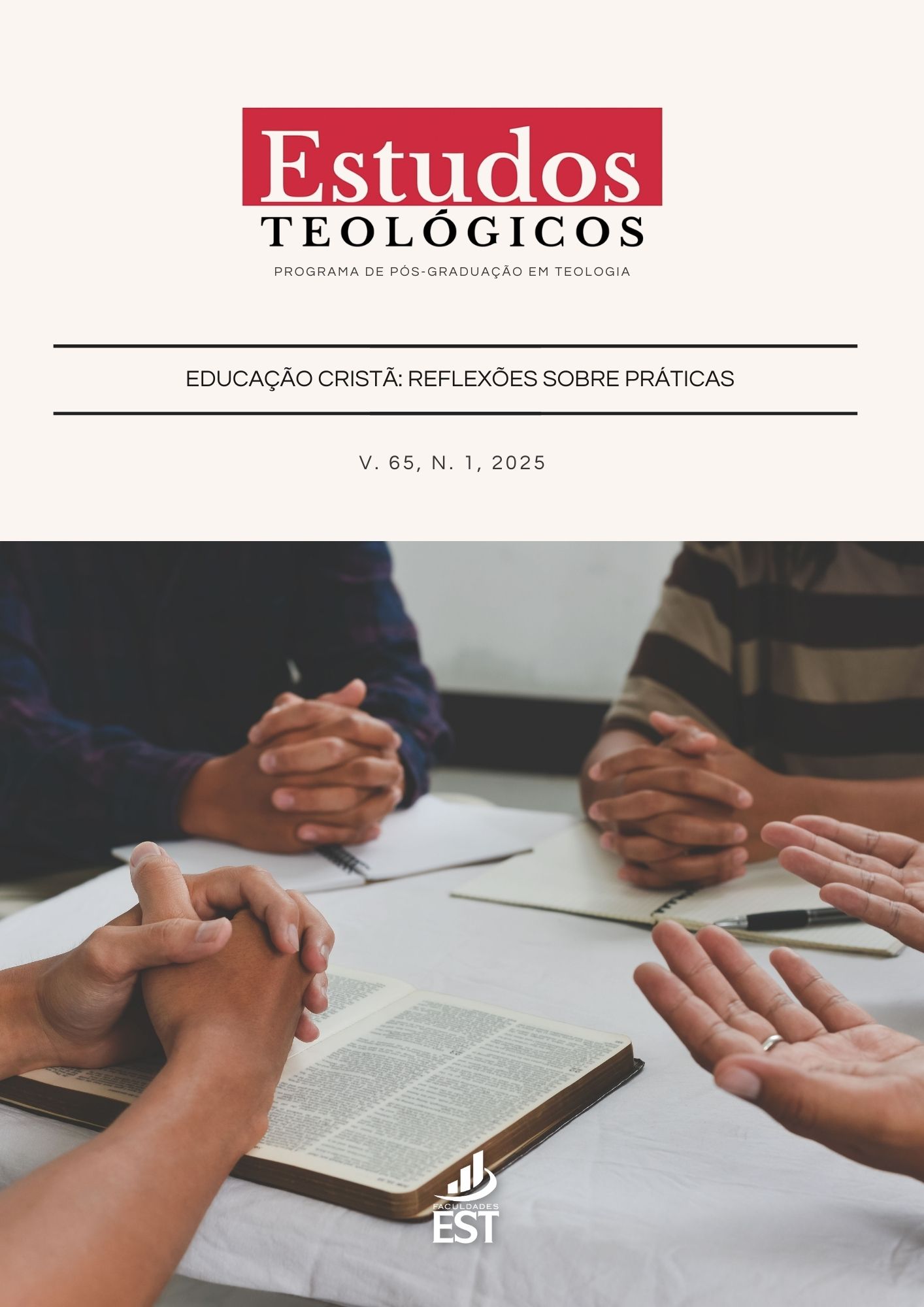Contributions of confessional education
analysis of jesuit, protestant and seventh-day adventist approaches
DOI:
https://doi.org/10.22351/et.v65i1.3252Keywords:
Jesuit Education, Protestant Education, Confessional Education, Adventist EducationAbstract
Confessional education, characterized by the integration of religious principles into the school curriculum, has played a significant role in the construction of societies over the centuries. In the Brazilian context, it was initiated by the Jesuits in the 16th century and expanded with the arrival of Protestant missionaries from the 19th century onwards, who brought ideas of pedagogical innovation. Given the historical importance of these educational traditions, the objective of this study is to explore, in the literature, aspects of Jesuit and Protestant education and the similarities/distinctions with Adventist education. The research is an integrative review of the literature, whose search took place in texts published in the last 15 years accessible in the three chosen databases: Periódicos Capes, Scielo and Plataforma Schwantes. The search terms included: Adventist education, Jesuit education, confessional education and Protestant education. A total of 352 documents were found, including articles, theses and dissertations. Of these, 37 were removed due to duplication, 315 were selected for abstract screening, 22 for full reading, and 9 were included for qualitative analysis, according to the PRISMA methodology (Moher, 2009), whose free translation of the acronym means “Key Reporting Items for Systematic Reviews and Meta-Analyses”. It was concluded that, while the emphasis of Catholic education covered intellectual, moral and spiritual aspects, Protestant education was characterized by the promotion of individual reading and interpretation of the Bible, encouraging a literacy-centered education. Adventist Education, which emerged in the 19th century, presents similarities with both, but is distinguished by its emphasis on integral development, involving physical, mental and spiritual aspects, in addition to a strong commitment to the community and social service.
Downloads
Published
How to Cite
Conference Proceedings Volume
Section
License
Política de Acesso Livre
A Revista Estudos Teológicos é de acesso livre, o que significa que todo o conteúdo está disponível gratuitamente, sem custos para o usuário ou sua instituição. Os leitores podem ler, baixar, copiar, distribuir, imprimir e compartilhar os links para os textos completos dos artigos, desde que com a devida atribuição de autoria e fonte original, conforme a licença abaixo.
LICENÇA CREATIVE COMMONS
Esta obra está licenciada sob uma Licença Creative Commons Atribuição-NãoComercial 4.0 Internacional (CC BY-NC 4.0).












